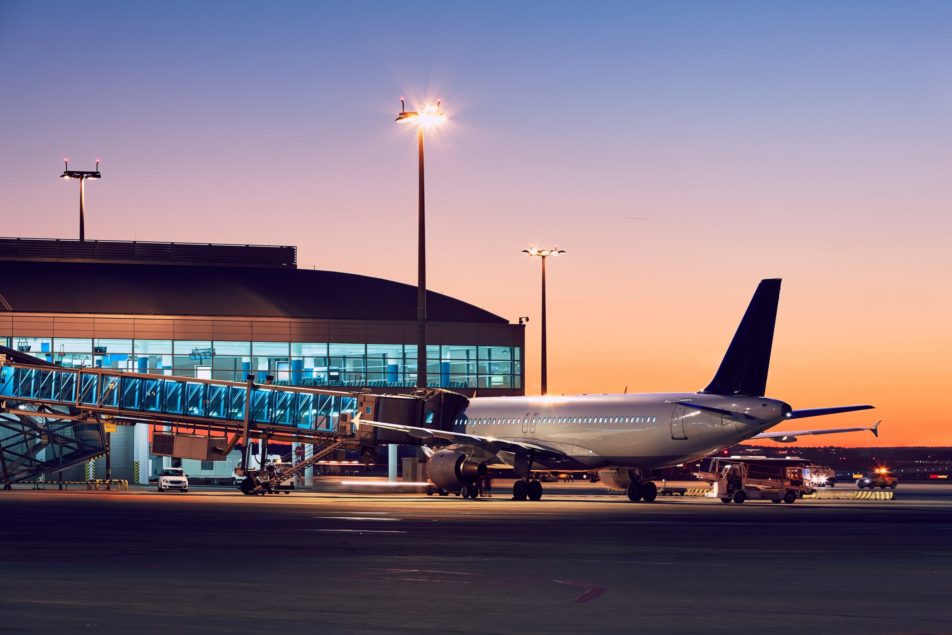Road Blockages and Spiraling Costs: Kashmir Faces Transportation and Economic Strain
Srinagar 20 April 2025: Kashmir is grappling with escalating challenges as disruptions to the Jammu-Srinagar National Highway continue to wreak havoc. The critical arterial road, frequently affected by landslides and heavy rainfall, remains blocked, triggering a domino effect on travel and essential supplies. With flight prices skyrocketing and food inflation looming, the region is on the brink of economic strain.
Jammu-Srinagar Highway Blockages: A Crisis in Connectivity
The Jammu-Srinagar National Highway (NH44) serves as the lifeline of connectivity for Kashmir, facilitating the movement of goods, passengers, and essential supplies. However, persistent road blockages due to landslides, debris, and adverse weather have left travelers stranded and supplies disrupted.
- Stranded Vehicles: Hundreds of trucks carrying food and perishable goods are stuck along the highway, unable to reach Srinagar and other parts of the Valley.
- Loot Incidents: In an alarming development, stranded trucks and vehicles have reportedly been targeted for looting, highlighting the urgency of restoring order and connectivity.
Skyrocketing Airfares Add to the Woes
As an alternative to road travel, the demand for flights between Jammu and Srinagar has surged dramatically, pushing ticket prices to nearly Rs. 20,000. For many residents and travelers, this exorbitant cost is unaffordable, exacerbating the crisis.
- Limited Availability: With road blockages cutting off accessibility, airlines are capitalizing on the demand spike, leaving stranded passengers with few options.
- Economic Impact: The inflated airfare adds stress to businesses reliant on smooth travel and logistics, stifling commerce and mobility across the region.
Food Inflation Looming in Srinagar
The road disruptions have also sparked fears of increasing vegetable and fruit prices in Srinagar and other parts of the Valley. With fresh supplies unable to reach markets, traders predict a sharp spike in costs:
- Perishable Goods Stuck: Vegetables, fruits, and other essentials remain stranded on trucks, leaving markets with dwindling stock.
- Price Hikes: Retailers are warning that if the situation persists, consumers will face steep price increases in everyday necessities.
- Economic Ripple Effect: The inflationary pressure is likely to affect vulnerable communities the hardest, widening economic inequalities.
Voices from the Ground
Residents have expressed frustration over the administration’s perceived inaction. Many feel that the government has failed to implement timely measures to alleviate the crisis, such as regulating airfare and ensuring the supply of essential goods.
Calls for Action
Critics urge the administration to:
-
Regulate Airfare: Implement caps on ticket prices during emergencies to prevent exploitation.
-
Restore Connectivity: Expedite the clearing of NH44 and explore alternative routes to ensure the movement of goods and people.
-
Price Controls: Enforce price ceilings on essential commodities to prevent profiteering.
-
Disaster Preparedness: Develop comprehensive plans to mitigate the impact of future disruptions.
Bottom-Line
The current crisis in Kashmir underscores the region’s vulnerability due to its dependence on a single transportation route and highlights the need for robust infrastructure and proactive governance. Addressing these challenges requires immediate administrative action, long-term planning, and community engagement to build resilience against future disruptions.




